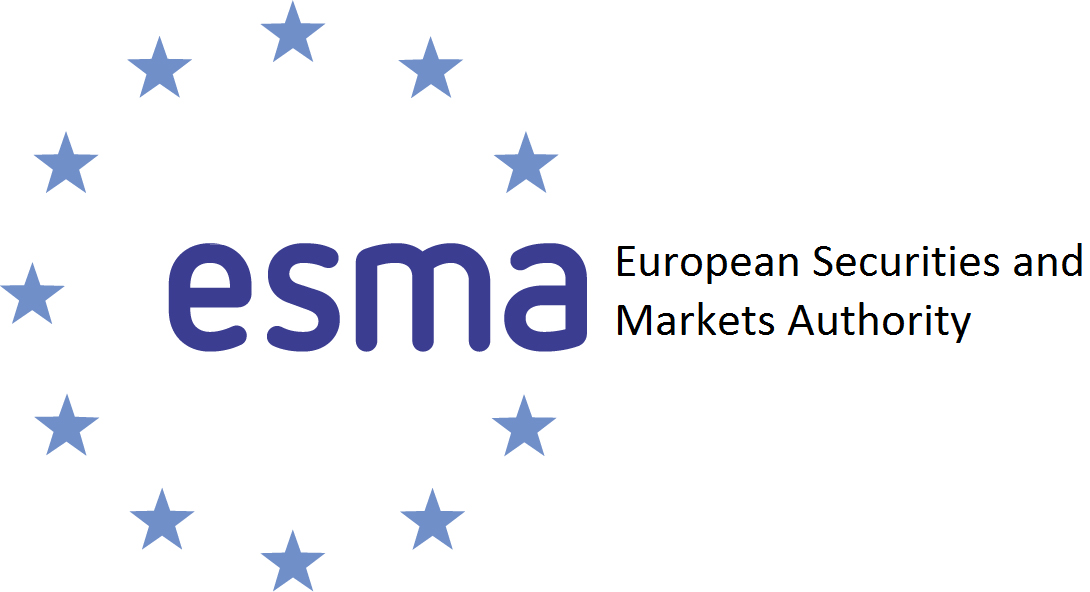Any perceived ‘indirect benefits’ from securities lending on ETFs – such as lower trading commissions – do not justify the risks for retail investors, the European Securities and Markets Authority (ESMA) has warned.
In a public statement highlighting the risks for retail investors, ESMA said securities lending was a “risky and complex” practice that is “difficult for the average retail client to understand”.
“The prospect of any indirect ‘benefit’, such as lower trading commissions, may not justify exposing a retail client to the risks of securities lending,” ESMA said.
“Furthermore, such an indirect ‘benefit’, if any, would not necessarily and proportionately accrue to all retail clients exposed to the risks arising from the lending of their securities, but to retail clients exhibiting more active trading behaviour.”
It added firms using retail clients' financial instruments to generate additional revenues “may not be acting fairly and professionally” or “with the best interests of the retail client” under MiFID II regulation.
“Revenues from securities lending should directly accrue to the retail client, net of a normal compensation for the firm’s services,” it said.
“ESMA stresses that the amount of normal compensation deducted from the revenues arising from securities lending should be included in any costs and charges information provided to the client whose financial instruments are being, or have been, lent out.”
It comes a year after the regulator highlighted concerns it had around how asset managers split the fees and revenue it generated from securities lending.
ESMA found securities lending agents – those that facilitate the lending transaction – working on fixed fees retain between 10-50% of the gross revenue created by the transaction, with the rest being returned to the UCITS fund.
It also found asset managers only returned between 50-65% of the gross revenues to the end investor.
In its latest statement on the issue, ESMA added prior consent from an investor for securities lending should not be sought by asset managers until they have fully explained the risks.
Securities lending, a longstanding practice on either ETF or mutual fund investment vehicles, makes loans of stocks or bonds to seek an incremental increase in returns for shareholders.
A key attraction for many considering securities lending is the possibility of offsetting the impact of fees, even though issuers take sizeable commissions from securities lending revenues.
ETFs currently only account for a fraction of all securities lending – 2.6% of the total value – but their share has grown from a 1.8% stake since 2017. Securities lending of ETFs has almost doubled between 2017 and midway through 2021, according to data from EquiLend, with ETF on-loan value jumping 76.9% from $37.5m to $66.3m.



